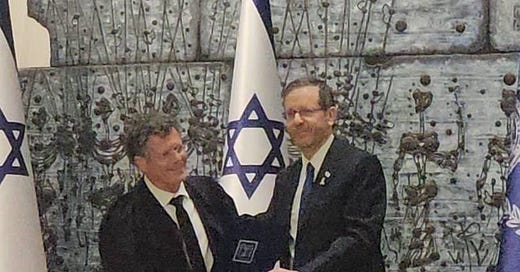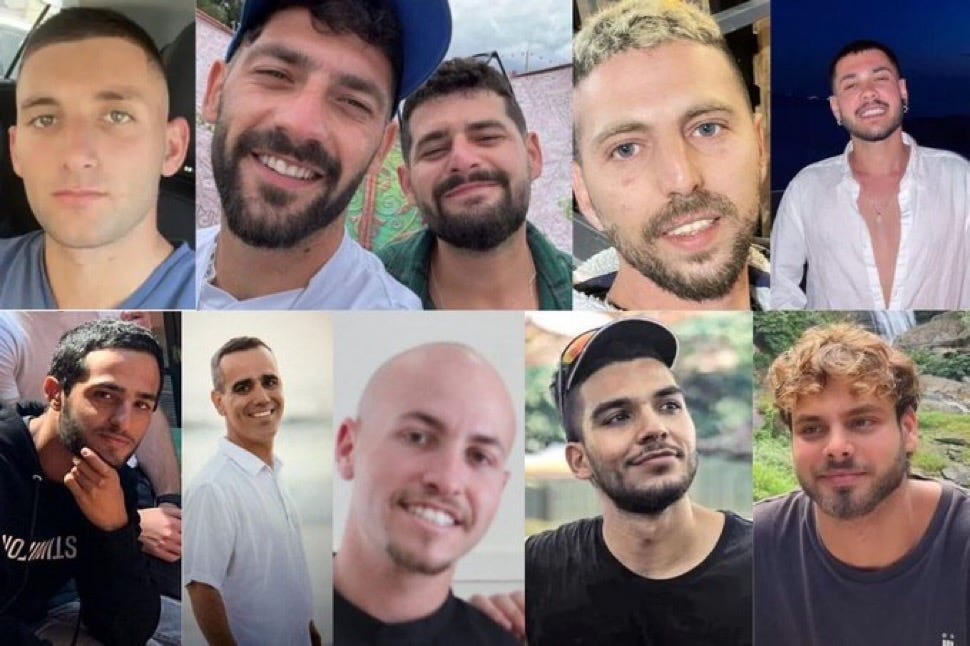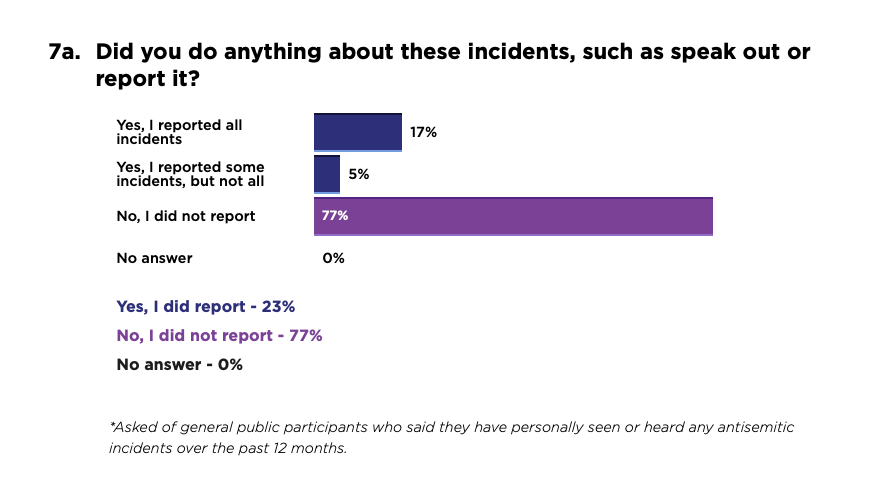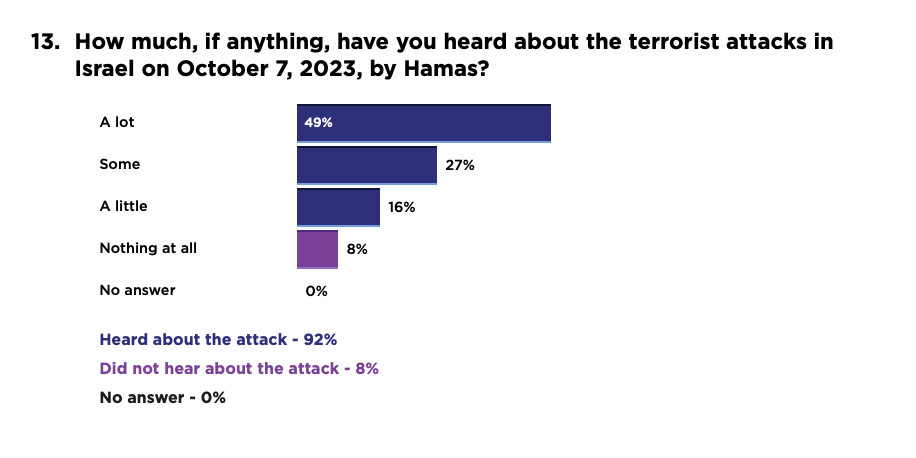DAY 496 IN CAPTIVITY • DAY 26 OF THE CEASEFIRE: Saturday Hostage Release Anticipated, Amit Becomes Chief Justice Under Boycott, Qatar-gate Widens
Tel Aviv Diary, February 13, 2025
At the moment, it appears we are back to the regular hostage release schedule—at least for this week. Hamas has stated that it is committed to the agreement. The expectation is that Hamas will release three hostages on Saturday. Despite the forceful intervention by President Trump, advocating for the return of all remaining hostages in a single group, we will certainly accept and welcome three hostages on Saturday—and remain hopeful that further progress will be made to secure the release of as many hostages as possible, as quickly as possible.
The right-wing continues to question why we should not demand the release of all hostages– asserting: “If Trump has already done so, why don’t we do the same?” Meanwhile, the government has shown no willingness to discuss the second stage of the ceasefire/hostage release process, leading us inevitably towards another confrontation. Our only recourse is to hope for a favorable outcome, although Netanyahu does not seem willing to endanger his coalition by adhering to the agreement we signed. The coming hours or days will be fraught with tension and uncertainty.
GAZA
Today, a rocket launched from Gaza fell short, resulting in the death of a Palestinian within Gaza. In response, the Israeli Air Force targeted and struck the site from which the rocket was fired.
“SIGNS OF LIFE”
In recent days, 12 families were informed that their loved ones are alive. Ten of these families consented to make this information public. They are:
Matan Angrest
Ziv Berman
Gali Berman
Elkana Bohbot
Eliya Cohen
Nimrod Cohen
Omri Miran
Eitan Mor
Yosef-Haim Ohana
Alon Ohel
Late this evening, it was reported that a confirmed sign of life has been received regarding the hostage, Segev Kalafon.
YNET INTERVIEW WITH FORMER DEFENSE MINISTER YOAV GALANT
by Nadav Eyal
YITZHAK AMIT SWORN IN AS SUPREME COURT PRESIDENT, AMIDST TURMOIL
Today, veteran Supreme Court Justice Yitzhak Amit was officially inaugurated as the 13th President of the High Court in a ceremony at the President’s Residence. This event typically takes place every few years, aligning with the mandatory retirement of High Court judges at age 70. Historically, the most senior judge has automatically ascended to the presidency of the court since its inception. This tradition aims to prevent political interference and maintain judicial independence by ensuring that the selection of the court's president is based on seniority rather than political influence
.
Unfortunately, since the formation of the new government, Justice Minister Yariv Levin has been singularly focused on the Supreme Court and the perceived necessity for its reform. The current coalition’s so-called Judicial Reform has strayed from the aspects of judicial improvement that most Israelis prioritize—such as expediting trials, increasing the number of judges, or enhancing procedural efficiencies. For reasons that remain unclear, Amit became a symbol of Levin's opposition to the Supreme Court. When it was time to appoint a new Supreme Court President a year and a half ago, Levin refused to convene a meeting to confirm Amit’s appointment.
Levin was prepared to allow Amit to assume the position only if the court consented to appoint two of his nominees—candidates who lacked experience as judges and were not recognized as legal scholars. Although the Judicial Selection Committee was willing to confirm any experienced conservative judge, Levin insisted on his particular choices and refused to convene the committee to appoint new judges. This stalemate persisted for a year and a half.
During this period, Amit served as Acting President, but Levin refused to recognize his authority and declined to meet with him. Eventually, following multiple petitions made by organizations for good governance, the Supreme Court mandated that Levin to convene a judicial appointment committee meeting and hold a vote for a new President. In defiance, Levin mocked the court’s ruling, held the meeting but refused to conduct a vote. Subsequently, the court set a deadline for the vote. At the last moment, Levin allowed the vote to proceed, but he did not attend the meeting.
Then suddenly, baseless conflict-of-interest allegations surfaced against Amit. Despite these accusations, the committee voted to elect Amit as President. Levin responded by rejecting Amit's appointment, claiming that he was elected illegally and stating that he would neither recognize him as President nor meet with him.
At today’s ceremony inaugurating Amit, several key figures were notably absent, This marked the first time in Israel's history that the individuals in these prominent government positions refused to attend such an official event:
Justice Minister Yariv Levin
Prime Minister Benjamin Netanyahu
Knesset Speaker Amir Ohana, who, despite holding a supposedly non-political position, chose not attend.
At the ceremony, President Isaac Herzog stated:
The excitement of this important occasion is mixed with pain. Pain over the fact that, in the midst of an extraordinary period—a period that tests our very existence as a strong nation, in which our enemies threaten our sovereignty—this event is taking place with only ‘one side’ present.
Pain over the fact that the leadership of all branches of government is not present here together today. I deeply regret that the leadership of the executive and legislative branches is not here with us today, as would have been appropriate and expected of them. In a democratic state, where statehood is a guiding principle, there is no place for one branch of government to boycott another; there is no place for turning the law and established practices into tools for political or public struggles; and certainly, there is no place for rejecting the President of the Supreme Court, who has been duly elected in accordance with the law and all legal provisions. Compliance with the court and its rulings is mandatory! Non-compliance with the law—certainly by those in positions of authority—must not be allowed to even be considered as a passing thought.
Former Acting President of the Supreme Court, Fogelman, at Justice Amit's Swearing-In Ceremony:
Unfortunately, representatives of the other branches of government chose not to attend today’s ceremony. This refusal is not only a violation of governmental order and the statehood we are all obligated to uphold, but it also has real implications in practice – harming the citizens and residents of Israel.
QATAR CONNECTIONS WITHIN NETANYAHU'S OFFICE
The controversy surrounding individuals from Netanyahu’s office who were also representing the government of Qatar has gained further traction, with the emergence of new evidence. This evidence connects Eli Feldstein, who is already facing charges in the case of top-secret documents leaked to Qatar.
There is now clear proof that Feldstein has been working on behalf of the Qatari government. In response, there are growing calls for an investigation into Netanyahu’s office and all those involved. The situation has sparked serious concerns, due to the extensive ties disclosed between Israeli officials and Qatar—a country officially regarded as an enemy and known as a host for Hamas. The whole affair has now received the unofficial name “Qatargate."
AMERICAN JEWISH COMMITTEE —ANNUAL ANTISEMITISM SURVEY - PART TWO
Here is part two of the findings from the American Jewish Committee's annual survey on antisemitism and relations with Israel:
BUSINESS
eToro
Israeli fintech company eToro has submitted a confidential prospectus for a Wall Street IPO, targeting a reported $5 billion valuation. Full details await SEC approval—the same regulator that previously stalled the company's plans.
eToro's 2021 SPAC merger attempt, which promised to double its value, collapsed amid SEC concerns over Bitcoin trading and the broader tech market downturn. Now, with Bitcoin surging post-Trump victory, the company is trying again.
Founded in 2007 by brothers Yoni and Ronen Assia, eToro secured $250 million in private funding in 2023 at a $3.5 billion valuation. The company employs 1,700 people, with 1,000 based in Israel.
CyberArk
CyberArk has acquired the U.S.-based company Zilla Security, which specializes in identity and access management (IAM) solutions for securing enterprise resources. The deal was valued at $165 million in cash, with an additional $10 million in contingent payments, subject to meeting certain milestones.
The integration of Zilla’s solutions will enhance CyberArk’s identity security platform through automation, streamlining compliance processes in digital environments while maximizing security and operational efficiency.
CyberArk believes this acquisition will further its strategy of delivering a comprehensive identity security platform that protects all identities—whether human or machine—while ensuring appropriate access controls for each.
∞–––––∞–––––∞–––––∞–––––∞–––––∞–––––∞–––––∞–––––∞–––––∞
TRAVEL ACROSS ISRAEL
Zichron Yaacov
We will continue our journey North by taking a brief detour at the Zichron Interchange and ascend the hill to the picturesque city of Zichron Yaakov.
Zichron Yaakov was founded in 1882 by a group of Jewish immigrants from Romania during the First Aliyah movement (1881–1903). Initially, the settlers named the town “Zammarin”, after an existing Arab village in the area. However, they faced harsh conditions, such as rocky soil ill-suited for farming and widespread malaria from nearby swamps, making survival challenging. Many settlers struggled financially and considered abandoning the settlement.
In 1883, the French-Jewish philanthropist Baron Edmond James de Rothschild took Zichron Yaakov under his patronage, providing critical support. He introduced modern farming techniques, drained the disease-ridden Kabara swamps, and encouraged the settlers to cultivate vineyards, which led to the establishment of the Carmel Winery in 1889. In recognition of his contributions, the settlement was renamed Zichron Yaakov, meaning “Jacob’s Memorial,” in honor of Rothschild’s father, James (Yaakov) Mayer de Rothschild.
During World War I (1914–1918), Zichron Yaakov played a crucial role in Jewish resistance against the Ottoman Empire through the underground NILI spy network. The NILI group, led by Aaron, Sarah, and Avshalom Aharonson, provided intelligence to the British Army to help liberate Palestine from Ottoman rule. Sarah Aharonson, one of the key figures in NILI, was captured by Ottoman authorities in 1917. After enduring brutal torture, she took her own life to avoid revealing critical information. Though NILI was eventually exposed, its efforts significantly contributed to the British defeat of the Ottomans in 1917, paving the way for the Balfour Declaration, which supported the establishment of a Jewish homeland.
Following the war, under the British Mandate (1918–1948), Zichron Yaakov grew into a prosperous agricultural town, benefiting from the expansion of vineyards and wine production. The settlement also became a training center for Jewish defense organizations, including the Haganah and Palmach, which later formed the core of the Israel Defense Forces (IDF). By the time Israel declared independence in 1948, Zichron Yaakov was a well-established and economically stable town, deeply connected to the early Zionist movement and Israel’s fight for statehood.
Zichron Yaakov offers a variety of interesting places to visit that cater to diverse interests. Rothschild Boulevard, also known as the “Midrachov”, is the town’s main pedestrian street, where visitors can explore cafés, restaurants, art galleries, and boutique stores. This area is notable for its preserved 19th-century buildings that date back to the town’s early days. It often hosts live music, cultural events, and festivals, adding to its vibrant atmosphere.
For wine enthusiasts, Carmel Winery, established by Baron de Rothschild, is one of Israel’s largest and most renowned wineries. In addition, several boutique wineries such as Tishbi Winery, Somek Winery, and Smadar Winery offer personalized wine tastings and tours, providing insight into the region's rich wine-making traditions.
History buffs will appreciate the NILI Museum – Aharonson House, which is dedicated to the NILI underground movement and the Aharonson family. It houses a collection of original artifacts, historical documents, and personal letters from NILI operatives. Another historical site is the First Aliyah Museum, which chronicles the history of the Jewish pioneers from the First Aliyah (1882–1903). The museum features interactive exhibits about the early settlers, their farming struggles, and the contributions of Baron Rothschild.
Nature and garden lovers can visit Ramat Hanadiv Memorial Gardens, a beautifully landscaped botanical garden dedicated to Baron Edmond de Rothschild. The garden includes walking trails, picnic areas, and a nature reserve, offering a peaceful retreat.
Lastly, the Ohel Yaakov Synagogue, built in 1886 and one of the oldest synagogues in Israel, remains in active use. It was funded by Baron Rothschild and serves as a significant historical and religious site.
Here are brief biographies of a few notable individuals from Zichron Yaakov:
Aaron Aaronsohn (1876–1919) was a pioneering agronomist, botanist, and Zionist leader, best known for founding the NILI spy network during World War I. Born in Romania, he immigrated to Zichron Yaakov with his family in 1882. As a scientist, Aaronsohn made groundbreaking discoveries in agriculture, including identifying wild emmer wheat, which he believed was the ancestor of modern wheat. However, his most significant contribution was establishing NILI, an underground espionage ring that provided intelligence to the British against the Ottoman Empire. His work played a crucial role in the British conquest of Palestine. Tragically, he died in a plane crash over the English Channel in 1919 under mysterious circumstances.
Sarah Aaronsohn (1890–1917), sister of Aaron Aaronsohn, was a key member of NILI and is often referred to as the “heroine of NILI.” Born in Zichron Yaakov, she played a crucial role in gathering intelligence for the British during World War I, risking her life to pass along critical information. In 1917, she was captured by the Ottoman authorities and endured brutal torture for several days. Rather than reveal secrets about NILI, she took her own life in her family’s home in Zichron Yaakov. Today, she is remembered as a symbol of courage and sacrifice in the Zionist struggle.
Born in Zichron Yaakov, Ted Arison (1924–1999) became one of the world’s most successful shipping magnates and a leading Israeli philanthropist. He is best known for founding Carnival Cruise Line, which grew into the largest cruise company in the world. After making his fortune in the United States, Arison returned to Israel and established Arison Investments, contributing significantly to the country’s economy and philanthropy. His contributions include healthcare, education, and culture, with donations to institutions such as the Tel Aviv Museum of Art and the Israel Philharmonic Orchestra.













